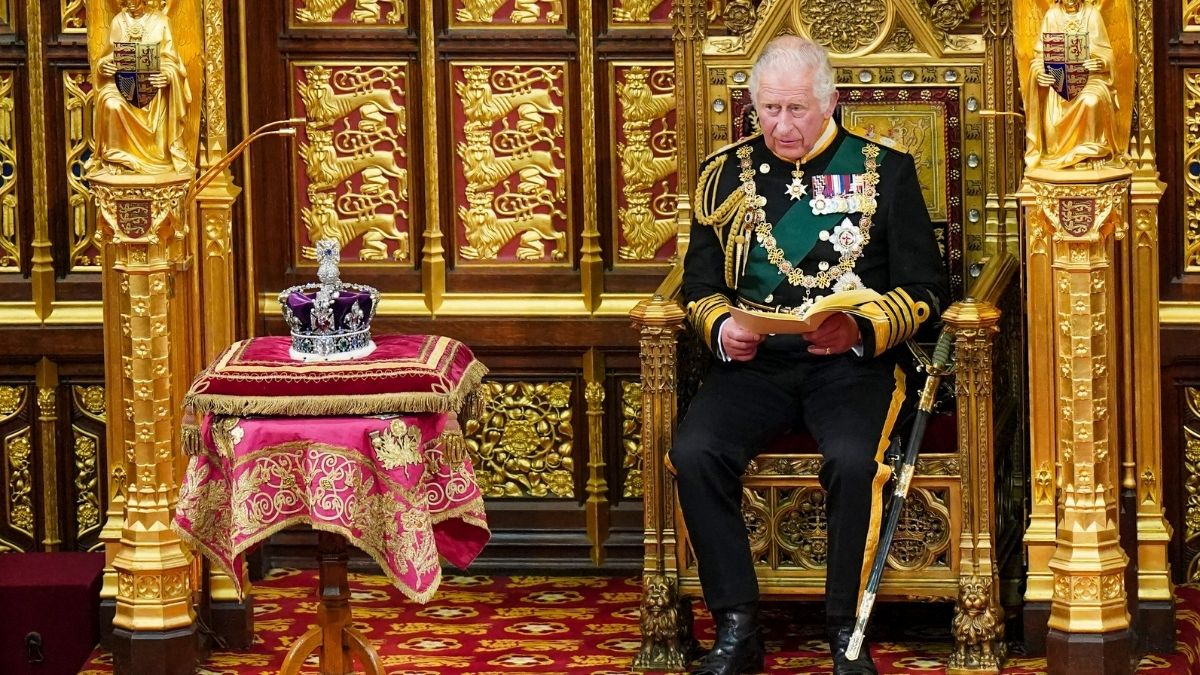
The omission of the long-awaited employment bill from yesterday’s (10 May) Queen’s Speech has been described as a “missed opportunity”, with organisations warning of a growing need to protect the rights of workers.
The proposals for legislative change were first put forward by the government in 2019. They promised to ensure all workers had access to flexible working arrangements, to improve protections against pregnancy discrimination, to introduce a single enforcement body to oversee employment rights and to prevent the practice of employers taking workers’ tips.
Ben Willmott, head of policy for the Chartered Institute of Professional Development, says the exclusion of the bill from the government’s legislative agenda was “a missed opportunity to improve labour market enforcement”.
“There is a growing need to protect the rights of workers, particularly the lower paid and more vulnerable who are facing mounting financial pressure. The recent sacking of workers, without notice, by P&O Ferries shows that much more needs to be done to ensure unscrupulous employers cannot ignore their legal responsibilities and undercut employment standards in the UK,” he adds.
However, Willmott was hopeful there would still be room for the government to boost the availability of flexible working by introducing the right to request flexible working arrangements from the first day of employment.
Philip Richardson, partner and head of employment law at Stephensons, also expressed his disappointment at the fact that the employment bill was not among the 38 pieces of legislation announced ahead of the new parliamentary year.
“The world of work has transformed over the past two years and current legislation isn’t adequately protecting employees,” he says. “Other protections against things like pregnancy discrimination and fair tipping have also taken a back seat as a result of this omission, giving the upper hand to rogue employers.”
The government has previously promised to make the UK “the best place to work in the world”. In response to the backlash it told the BBC it has a “strong track record in supporting workers” and is focused on delivering priorities including growing the economy that will help workers.
Nevertheless, Trades Union Congress general secretary Frances O’Grady claims that the omission of the bill “means vital rights that ministers had promised risk being ditched for good” and accused the government of “turning its back on workers”.
However, Liz Sebag-Montefiore, co-founder of HR consultancy 10Eighty, believes that many of the proposed laws in the bill covered rights that good employers should already be looking to provide.
“The things that would be covered by this legislation are rights that fair employers will see as crucial to the wellbeing of their employees,” she says. “They recognise that employee engagement and productivity are enhanced when workers are treated fairly.”
Audit and corporate governance reform
The need to improve protections of workers rights was recently highlighted by P&O Ferries’ treatment of its staff, 800 of which were sacked without notice, only to be replaced by cheaper agency workers.
The Better Business Act, a coalition of businesses campaigning for corporate governance reform, were hopeful that their proposals to elevate the interests of workers, the environment and wider society in the Companies Act would be included in the Queen’s Speech too.
Its campaign director Chris Turner claims that the failure to address the need to update corporate governance rules has left the private sector “none the wiser as to what role the prime minister wants business to play in helping Britain recover from the pandemic”.
He adds: “With urgent problems such as climate change and inequality at the forefront of policy decisions, the world needs business to play its part in protecting people and the planet.”
The Institute of Directors also see this as an issue that needs to urgently be addressed. Although they were overlooked in the speech, which was delivered by Prince Charles, the professional organisation shared its relief that the government still has plans to publish a draft of its audit reform bill and called for any changes to be implemented quickly.
Its policy director Dr Roger Barker says: “Recent scandals, such as Carillion, BHS and P&O Ferries, have shown that there are gaps in our corporate governance framework, reducing trust in British business. A year on from the government’s white paper, these widely supported and uncontroversial changes are now long overdue and we would urge the government to ensure that the proposals are implemented in a timely fashion.”

The omission of the long-awaited employment bill from yesterday’s (10 May) Queen’s Speech has been described as a “missed opportunity”, with organisations warning of a growing need to protect the rights of workers.
The proposals for legislative change were first put forward by the government in 2019. They promised to ensure all workers had access to flexible working arrangements, to improve protections against pregnancy discrimination, to introduce a single enforcement body to oversee employment rights and to prevent the practice of employers taking workers' tips.
Ben Willmott, head of policy for the Chartered Institute of Professional Development, says the exclusion of the bill from the government’s legislative agenda was “a missed opportunity to improve labour market enforcement”.
